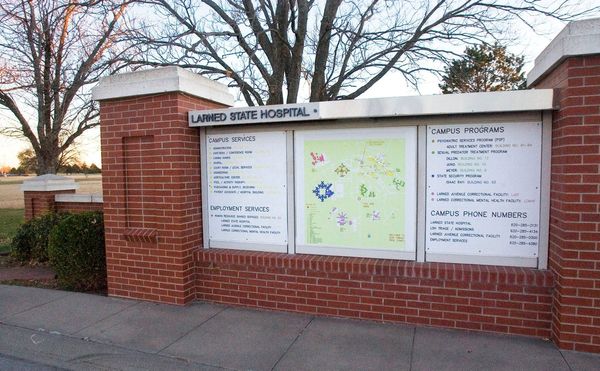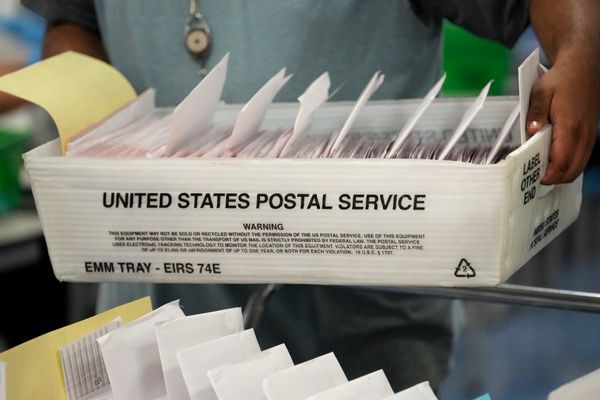
Supreme Court Faces Unprecedented Case on Presidential Eligibility
In a historic and unprecedented turn of events, the Supreme Court is set to determine the eligibility of a former president to run for office again. The case revolves around the interpretation of the 14th Amendment and whether engaging in an insurrection disqualifies a person from holding the presidency. Legal experts are divided on the issue, as it is the first time such a question has arisen.
The former president in question filed a main filing arguing that the 14th Amendment is unambiguous in stating that if a person has taken an oath to defend the Constitution and subsequently engages in an insurrection, they are no longer qualified for the presidency. The argument is based on the simple premise that the Constitution sets forth specific prerequisites for holding the highest office, which cannot be ignored.
Some legal observers suggest that the Supreme Court may opt for a more procedural approach rather than directly engaging with the politics of the case. However, others argue that there is no procedural route to take, as the Constitution clearly outlines the requirements to be president, making it a straightforward matter.
The central issue before the Supreme Court is whether the former president engaged in an insurrection. Legal experts argue that the Court's unique position allows them to access evidence that was not considered by lower courts, such as the testimony in the federal grand jury overseeing the election interference criminal case. They also assert that reviewing statements made by the former vice president and the former president's legal team could provide crucial insight into the events of January 6th.
One argument raised against the application of the 14th Amendment is whether it is Congress or the states that should determine its scope. However, legal opinions largely agree that Congress has limited authority in this matter. Without a two-thirds vote in each house of Congress, the disability imposed by the 14th Amendment stands. The amendment itself is deemed unambiguous and not limited to confederates from the Civil War era.
If the Supreme Court decides to take up the case, it will be a landmark ruling with far-reaching implications. As no previous president has ever been involved in an insurrection or had their eligibility questioned on these grounds, the Court faces a substantial challenge. The chief justice is likely to strive for a unified ruling to avoid a patchwork of conflicting state rulings on the issue. The stakes are undeniably high, and the case carries significant weight in determining the future interpretation of presidential eligibility.
Legal experts are watching this case closely, as it is certain to shape the understanding of the 14th Amendment and establish a precedent for future similar cases. The Court's decision, whether it aligns with the previous mainstream interpretation or offers a novel interpretation, will undoubtedly have profound implications for American democracy. Ultimately, the Supreme Court will have the final say on this historic matter.
With the eyes of the nation fixed on this case, there is a shared anticipation for the forthcoming ruling that will provide clarity on the eligibility requirements for presidential candidates. Only time will tell how the highest court in the land will weigh the evidence and decide on this crucial matter.







